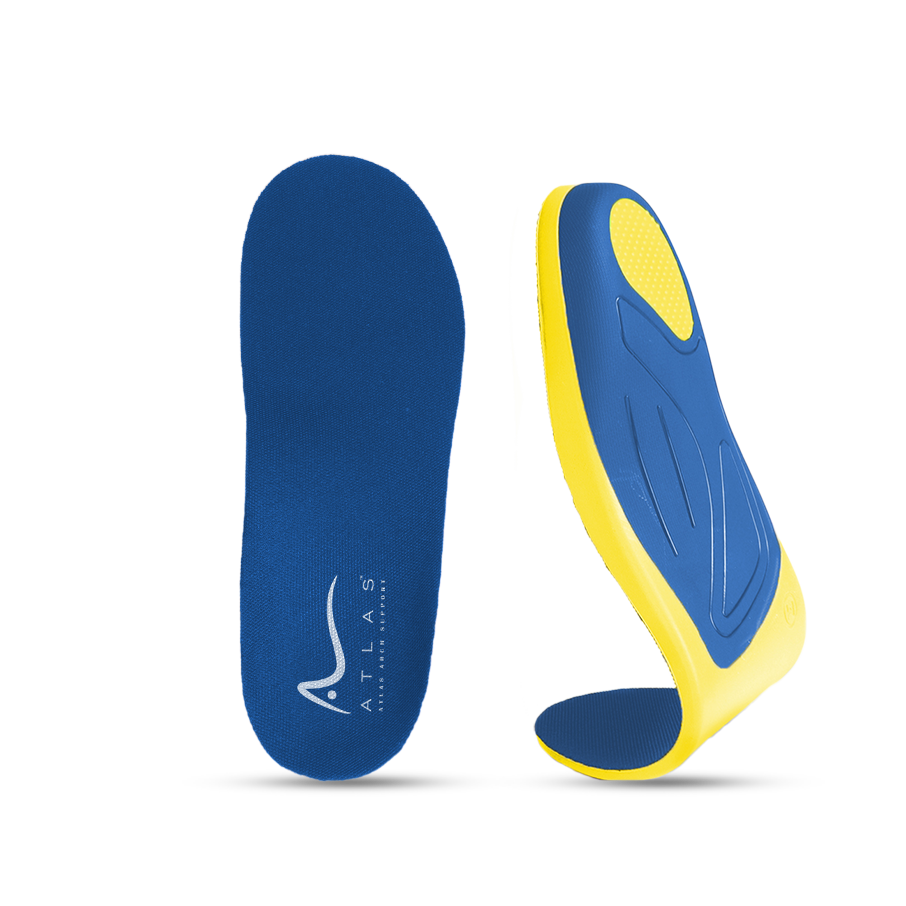Your Daily Foot Care Checklist

Keep Them Clean
Wash Daily: Use soap and water every day, paying extra attention to the spaces between your toes to ward off bacteria and fungi.
Dry Thoroughly: After washing, make sure to dry your feet completely, especially between the toes, to avoid creating a breeding ground for fungal infections.
Moisturize Regularly
Stay Hydrated: Apply a quality foot cream or moisturizer daily to keep your skin soft and prevent dryness and cracks. Products with urea or lanolin are particularly good for dry skin.Care for Your Nails
Trim Properly: Cut your nails straight across to prevent ingrown toenails. Avoid cutting too close to the skin and file the edges to keep them from growing into your skin.
Choose the Right Shoes
Fit and Comfort: Make sure your shoes fit well, offering the right mix of support and comfort.
Breathable Materials: Choose shoes made from materials that let your feet breathe to minimize the risk of fungal infections.

Select the Right Socks
Manage Moisture: Change your socks often, especially if you're prone to sweating, to keep your feet dry.
Material Matters: Opt for cotton or moisture-wicking fabrics to keep your feet comfortable and dry.

Exercise Your Feet
Strengthen and Stretch: Add exercises like toe curls and heel raises to your routine to boost muscle strength and flexibility in your feet.Protect Your Feet
Use Sunscreen: Apply sunscreen to your feet when you're outdoors to protect against sun damage.
Wear Protective Footwear: Always wear appropriate shoes outside to avoid injuries and burns.
Regular Check-ups
Self-Checks: Regularly inspect your feet for any changes or signs of problems.
See a Specialist: Schedule annual visits with a podiatrist for a thorough check-up, especially important for those with diabetes or existing foot conditions.
By dedicating a bit of time each day to care for your feet, you're not just looking after a part of your body; you're ensuring a more active and enjoyable lifestyle. Healthy feet are the foundation of a healthy life, emphasizing the importance of foot care in your overall wellness plan.
Boost Your Foot Health with Smart Nutrition Choices
Did you know your feet are like the unsung heroes of your daily hustle? They carry you through every day, yet often get overlooked. But here's a fun fact: the food you eat plays a huge role in keeping your feet happy and healthy. From staying hydrated to eating a balanced diet, the right nutrition can work wonders for your feet, helping prevent issues and even aiding in recovery. Let's break down how you can nourish your feet from the inside out.
Stay Hydrated: Your Feet's Best Friend
Why It Matters: Keeping hydrated is crucial for keeping your skin elastic, which helps avoid dryness and cracks on your feet that could lead to infections.
Quick Tip: Aim for at least eight glasses of water a day, and if you're active or live in a warm climate, you might need even more to stay properly hydrated.
A Balanced Diet: The Foundation of Foot Health
Why It's Important: Eating a variety of nutrients helps strengthen your bones, muscles, and the skin on your feet.
How to Do It: Fill your plate with colorful fruits and veggies, lean proteins, whole grains, and dairy (or alternatives) for calcium. Don't forget to soak up some sun for vitamin D, which is great for bone health.
Omega-3 Fatty Acids: Fight Inflammation on Your Feet
The Benefits: Omega-3s are fantastic for reducing inflammation, which can help ease foot pain and swelling.
Where to Find Them: Enjoy fatty fish like salmon, or munch on walnuts, flaxseeds, and chia seeds for a plant-based omega-3 boost.
Magnesium: Muscle and Bone Booster
Why You Need It: Magnesium helps prevent cramps and spasms in your feet and supports strong bones.
Food Sources: Dig into leafy greens, nuts, seeds, and whole grains to up your magnesium intake.
Vitamin E: For Healthy Circulation and Skin
The Perks: Vitamin E improves circulation and keeps your foot skin hydrated and less prone to dryness and cracks.
Snack on These: Almonds, sunflower seeds, and spinach are great sources of vitamin E.
Vitamin C: The Collagen Builder
Its Role: Vitamin C is key for collagen production, keeping your feet's skin and connective tissues strong and aiding in wound healing.
Fruitful Picks: Load up on citrus fruits, strawberries, bell peppers, and kiwifruit for a vitamin C boost.
Zinc: The Healer
Healing Powers: Zinc speeds up wound healing and skin repair on your feet, plus it helps fight off infections.
Nutrient-Rich Foods: Enjoy meats, shellfish, legumes, and nuts for a good dose of zinc.
Protein: Tissue Repair and Muscle Strength
Why It's Essential: Protein is vital for repairing tissues, including those in your feet, and supports muscle strength and recovery.
Protein Sources: Lean meats, poultry, fish, dairy, legumes, and tofu are all excellent choices.
Potassium: Reduce Swelling
The Benefits: Potassium helps manage your body's fluid balance, reducing swelling and inflammation in your feet.
Potassium-Rich Foods: Bananas, oranges, and sweet potatoes are great for adding more potassium to your diet.
Embracing Advanced Foot Care
Telemedicine: Now you can consult podiatrists remotely, making it easier to get advice and track your foot health progress.
Wearable Tech: Smart insoles and other gadgets offer real-time feedback on your foot health, helping catch issues early.
Regenerative Medicine: Innovations like stem cell therapy and PRP injections are showing promise in treating chronic foot conditions by regenerating damaged tissues.
The Bigger Picture: Foot Health Affects More Than Just Your Feet
Impact on Life: Chronic foot problems can limit your mobility and affect your daily life, leading to frustration and impacting your mental health.
Self-Care Through Foot Care: Simple acts like foot massages, warm soaks, or choosing comfortable and stylish footwear can be powerful forms of self-care.
Cultural and Social Aspects: Feet play a significant role in many cultures and can affect social interactions and confidence. Understanding and respecting these perspectives can make foot care practices more effective and inclusive.
By making smart nutrition and lifestyle choices, you're not just taking care of your feet; you're setting the stage for a healthier, more active life. So, give your feet the love they deserve—they'll thank you every step of the way!




